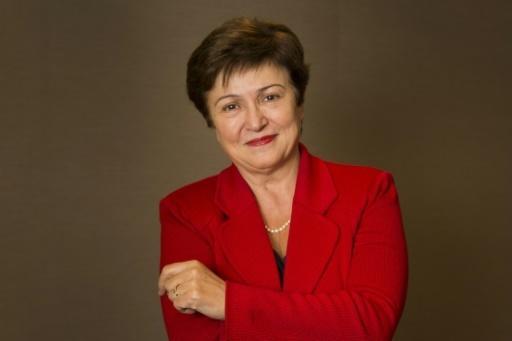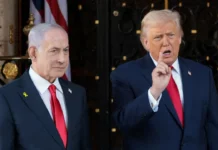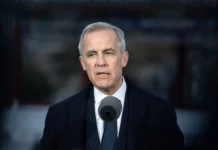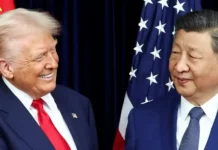WASHINGTON: A top executive at the World Bank, Kristalina Georgieva of Bulgaria, is now officially unopposed in her bid to become only the second woman ever to lead the International Monetary Fund, the fund announced Monday.
Georgieva’s rise perpetuates Europe’s long-standing control over the designation of the fund’s leadership. She inherits the helm of an institution buffeted by the rise of populism in advanced economies and escalating trade conflicts — the largest of which has been driven by the United States, the fund’s single biggest shareholder. Currently, on leave as the World Bank’s chief executive officer, Georgieva will replace former IMF chief Christine Lagarde, who has been named to lead the European Central Bank.
The nominating period closed on Friday, a day after the fund formally lifted the age limit of 65 years for its leadership, clearing the way for the 66-year-old to take up the top role at the 189-member IMF. “The board’s goal is to complete the selection process as soon as possible and at the latest by October 4, 2019,” the IMF board said in a statement.
In recent days, the long-time World Bank economist has pressed the flesh in world capitals to advance her candidacy. Her Twitter feed highlights meetings with Bulgarian Prime Minister Boyko Borissov, French Finance Minister Bruno Le Maire and Abdel Fattah al-Sisi, president of Egypt, which recently received the final instalment of a 12 billion aid package agreed in 2016.
Georgieva, who was championed by Paris, overcame a challenge within the divided European Union from Germany which had backed former Dutch Finance Minister Jeroen Dijsselbloem. Under an unwritten rule, a European has led the IMF since its creation in the aftermath of World War II while the leader of the fund’s sister organization, the World Bank, has been designated by Washington.
David Malpass, a former US Treasury official who took office earlier this year as president of the World Bank, likewise faced no opposition. The IMF executive board will now hold meetings with Georgieva, the statement said. An economist by training, she was previously Bulgaria’s EU commissioner from 2010 and served as vice president for budget & human resources from 2014 to 2016.
In 2016, she was a leading candidate to become UN secretary-general before losing out to former Portuguese premier Antonio Guterres. AFP







